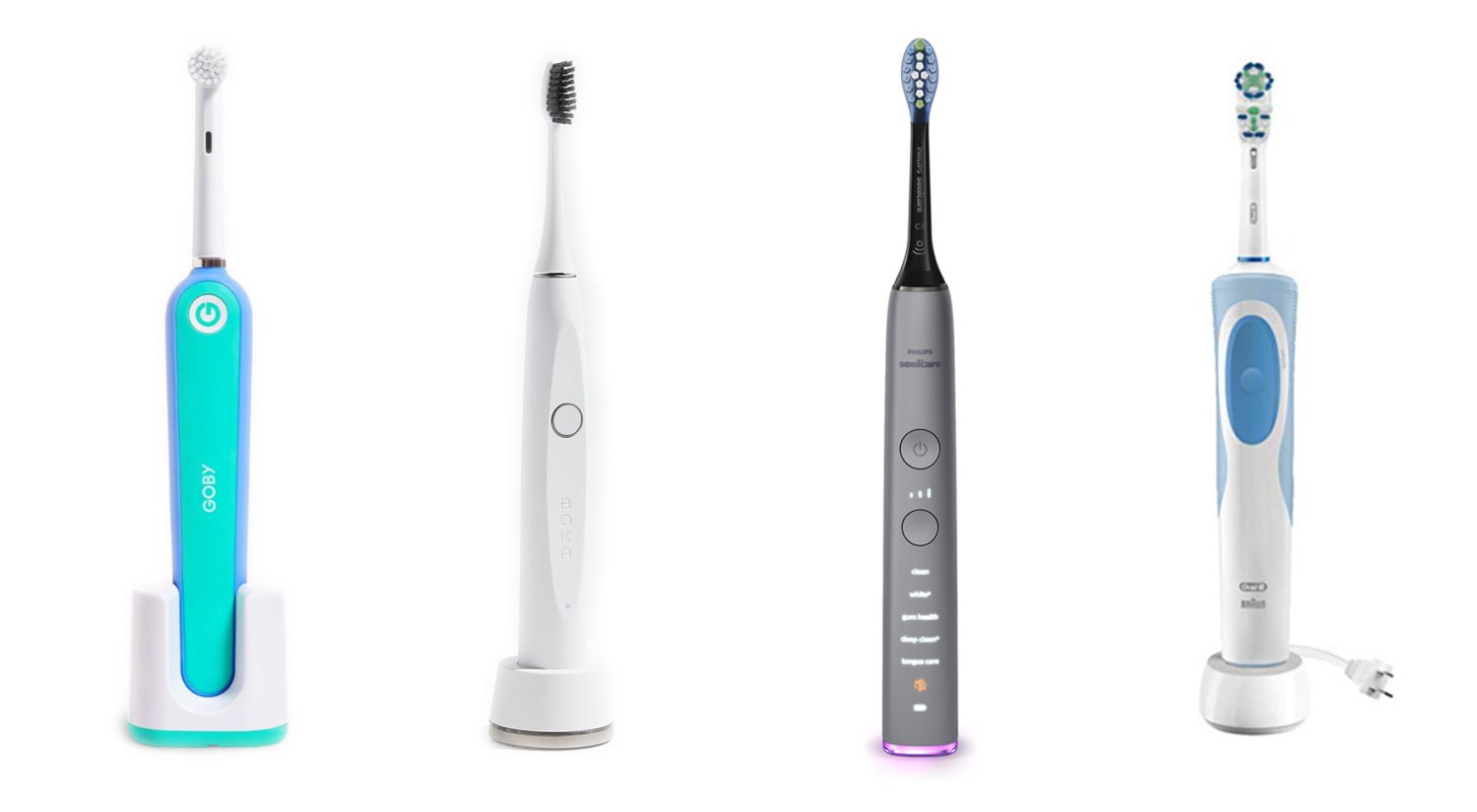Should You Use an Electric Tooth Brush?

Your morning and evening routines involve one of the most important things you can do for your overall health – brushing your teeth. Harmful bacteria and inflammation can have wide-reaching effects on the body and must be kept at bay. It’s you vs. the bacteria! Will you arm yourself with the best chance of winning?
One of the many modern improvements in oral health is the electric toothbrush. The Cochrane Library scoured the dental journals for statistical information from real studies and determined the overall effectiveness of the electric tooth brush. The results were very compelling. Compared to a manual toothbrush, studies show up to 21 percent reduction in plaque and 11 percent reduction in inflammation![1] This is a dramatic improvement over a manual brush, and there are several reasons why:
· Electric tooth brushes do more work for you
As you glide your electric toothbrush across your teeth, they can oscillate up to 31,000 strokes per minute! This kind of movement would be impossible with a manual tooth brush. Electric toothbrushes also have brush heads that are designed to work with more efficiency based on the mechanism of the brush. All you need to do is follow the instructions for your electric toothbrush and let it do the work.
· Electric tooth brushes can have a timer
Many dentists will tell you to brush for at least 2 minutes. Have you ever timed yourself with a manual toothbrush? Do you know how much time you spend brushing each section of your mouth? The good news is that many electric toothbrushes have a timer. They even tell you when to switch sections of your mouth. You’ll be confident that you haven’t accidentally neglected a certain area.
· Pressure sensors
Most dentists recommend a soft toothbrush. But even with a soft brush, we can brush much too hard. Brushing with too much pressure is damaging to the gingiva around our teeth and can cause the gums to recede. Gum recession can lead to exposure of the tooth root. Tooth sensitivity from root exposure can be problematic when eating hot or cold foods or beverages.
Some electric toothbrushes have a pressure sensor that vibrates when you push too hard. This allows you to reduce the pressure so the toothbrush can work most effectively, and save your gum tissue.
· Brush Head Replacement
Dentists recommend you replace your toothbrush every three months. This is commonly forgotten. A worn toothbrush is much less effective, so all your efforts in fighting plaque, gingivitis and cavities can be in vain. Most of the newest electric toothbrushes have a brush head replacement system that alerts you to change your brush head. Some even have a subscription service that sends you a new brush head right on time. You’ll be surprised how little wear the brush has when you replace it, and amazed at how well it works after you do so.
Clearly, in overall effectiveness, convenience and creating the optimum health benefits, an electric toothbrush is your greatest tool in the war against cavities and gum disease. Bacteria that cause gum disease and cavities are potent and resourceful. It’s you against them. Let’s win the battle!